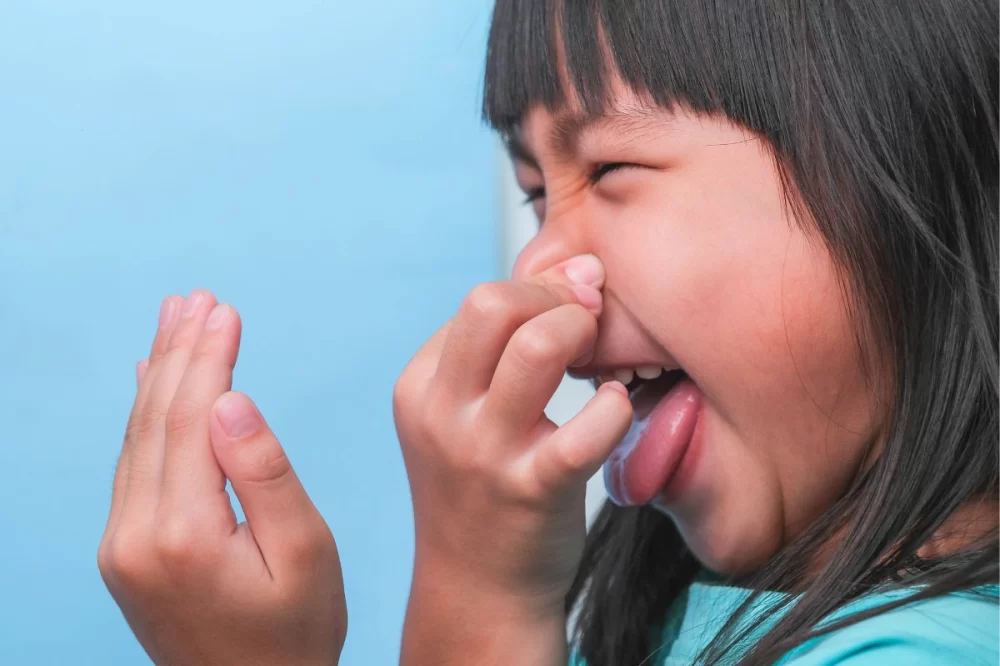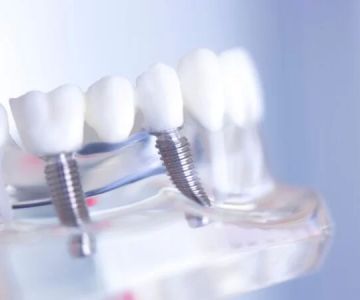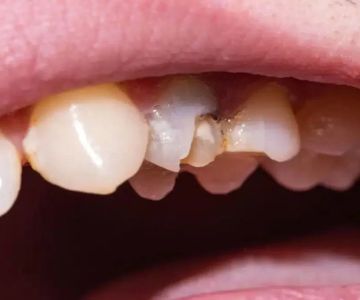
- Understanding-Bad-Breath-in-Children
- Common-Causes-of-Bad-Breath-in-Children
- Natural-Treatment-and-Care-Methods
- Real-Life-Case-Experience
- Professional-Insights-on-Prevention-and-Care
- Where-to-Find-Help-at-Dentistry-Toothtruth
1. Understanding Bad Breath in Children
Bad breath, medically known as halitosis, can affect children just as much as adults. However, it often causes extra concern for parents who want to ensure their child’s health and social comfort. Understanding the root causes of bad breath in children is the first step towards effective care.
Unlike adults, children may be less aware of their oral hygiene habits or may have dietary patterns that contribute to unpleasant breath. Identifying the specific reasons behind bad breath allows for targeted and gentle treatment strategies that focus on natural care.
1.1 Why Bad Breath in Kids Can Be Different
Children’s mouths are constantly changing as they grow, with factors like erupting teeth, mouth breathing, or even childhood illnesses playing unique roles in breath odor. Addressing bad breath in children requires a comprehensive view of their oral health, lifestyle, and overall wellness.
2. Common Causes of Bad Breath in Children
There are several common causes of bad breath in children that parents should be aware of.
2.1 Poor Oral Hygiene Habits
The most frequent cause is inadequate brushing and flossing, which allows food particles to remain in the mouth. This leads to bacterial growth on the tongue, teeth, and gums that produce foul odors.
2.2 Dry Mouth and Mouth Breathing
Children who breathe through their mouth, especially during sleep, experience reduced saliva flow. Saliva naturally cleanses the mouth, so dry mouth can promote bacterial buildup and bad breath.
2.3 Dietary Factors
Certain foods like garlic, onions, and sugary snacks contribute to odor. Additionally, skipping meals or dehydration can worsen breath freshness by limiting saliva production.
2.4 Underlying Health Issues
Sometimes, bad breath may indicate medical problems such as sinus infections, tonsillitis, or digestive issues. Identifying these causes early can lead to appropriate medical intervention.
3. Natural Treatment and Care Methods
Treating bad breath in children naturally involves gentle, effective habits and remedies that encourage healthy oral environments without harsh chemicals.
3.1 Encouraging Proper Oral Hygiene
Teaching children to brush twice daily with a soft-bristled toothbrush and fluoride toothpaste helps remove odor-causing bacteria. Incorporating flossing as soon as teeth touch can prevent trapped food.
3.2 Hydration and Diet Adjustments
Keeping children hydrated promotes saliva production which naturally cleanses the mouth. Offering a balanced diet with limited sugary and odor-prone foods supports fresher breath.
3.3 Natural Breath Fresheners
Using mild natural breath fresheners such as chewing fresh parsley, mint leaves, or drinking herbal teas like chamomile can reduce bad breath safely. These options are gentle and child-friendly.
3.4 Addressing Mouth Breathing and Dry Mouth
Encouraging nasal breathing and using a humidifier in the child’s bedroom can help reduce dry mouth during sleep, minimizing bacterial growth responsible for bad breath.
4. Real-Life Case Experience
Consider the story of Liam, an 8-year-old whose persistent bad breath puzzled his parents. Despite regular brushing, the odor lingered. Upon consultation, it was discovered Liam was a mouth breather at night and often skipped drinking water during the day.
By adjusting Liam’s bedtime routine—encouraging nasal breathing, increasing water intake, and introducing natural breath fresheners—his bad breath significantly improved within weeks. This case highlights the importance of identifying underlying causes and treating bad breath in children naturally and holistically.
4.1 Lessons from Community Sharing
Many parents share similar experiences online, emphasizing how lifestyle changes combined with natural remedies brought lasting relief from bad breath. These stories create a supportive environment for learning and reassurance.
5. Professional Insights on Prevention and Care
Dental professionals recommend that natural care for bad breath in children should be supported by regular dental check-ups. These visits help detect any dental issues such as cavities or gum inflammation that might contribute to bad breath.
5.1 Early Detection and Routine Care
Timely professional cleanings and advice tailored to a child’s specific oral health needs ensure bad breath does not become a persistent problem. Professionals can also guide parents on safe natural products and techniques.
5.2 Integrating Natural and Medical Approaches
While natural care is often effective, certain cases may require medical treatment for infections or allergies. A balanced approach combining both ensures optimal outcomes for children’s oral health and breath freshness.
6. Where to Find Help at Dentistry Toothtruth
For parents looking to understand and address the causes of bad breath in children and how to treat it naturally, Dentistry Toothtruth provides expert recommendations on oral care products, natural remedies, and professional services. Their resources help families find safe, effective solutions tailored to children’s needs.
Whether you seek gentle toothbrushes, natural oral rinses, or access to pediatric dental experts, Dentistry Toothtruth is a trusted platform to support your child’s healthy smile and fresh breath.







 Westgate Dental Arts
Westgate Dental Arts Coventry Family Dental
Coventry Family Dental Familia Dental
Familia Dental Dr. Daniel S. Fife, DDS
Dr. Daniel S. Fife, DDS Dentistry At Suburban Square: Michael I. Wollock, DMD
Dentistry At Suburban Square: Michael I. Wollock, DMD Comfort Care Dental
Comfort Care Dental The Importance of Oral Health Education During Pregnancy for a Healthy Pregnancy
The Importance of Oral Health Education During Pregnancy for a Healthy Pregnancy Why Skipping Dental Checkups Can Lead to Bigger Oral Health Problems
Why Skipping Dental Checkups Can Lead to Bigger Oral Health Problems Best Tips for Brushing Your Teeth Properly for Healthy Gums: Essential Techniques for Oral Health
Best Tips for Brushing Your Teeth Properly for Healthy Gums: Essential Techniques for Oral Health Advantages of Porcelain Dental Restorations
Advantages of Porcelain Dental Restorations How Can Diabetes Cause Tooth and Gum Problems? Preventing and Managing Oral Health Issues
How Can Diabetes Cause Tooth and Gum Problems? Preventing and Managing Oral Health Issues Healthy Habits for Promoting Good Oral Health and Hygiene: Tips for a Healthy Smile
Healthy Habits for Promoting Good Oral Health and Hygiene: Tips for a Healthy Smile